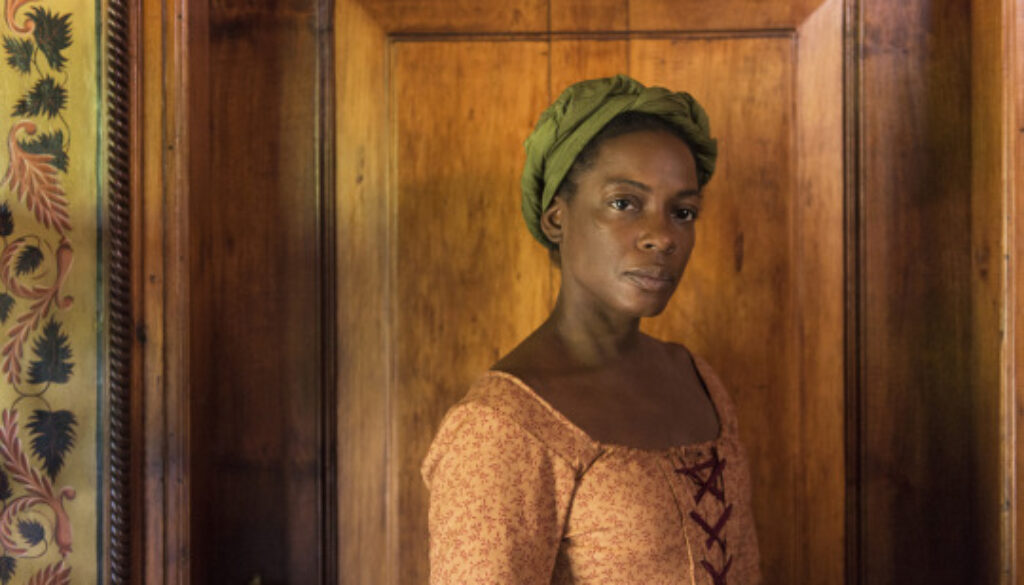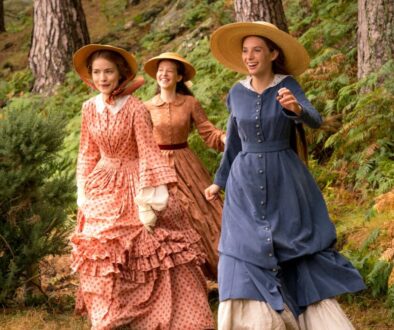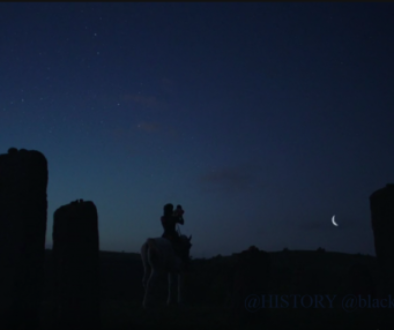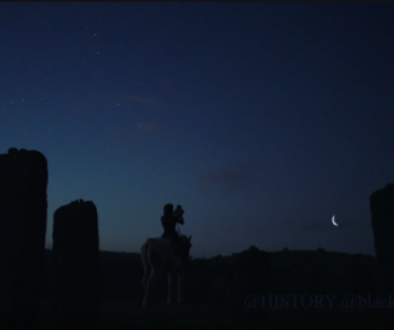‘The Book of Negroes’ Illuminates a Journey to Freedom
(This article was published by the NBCBLK vertical of NBCNews.com on Feb. 13, 2015. It is a rewrite of a Columbia School of Journalism class assignment.)

(Aunjanue Ellis as main character Aminata Diallo in the BET miniseries “The Book of Negroes”. Photo: Conquering Lion Pictures, Out of Africa Pictures via BET)
Aminata Diallo was only 12-years-old, when she was kidnapped from Guinea in the 1750s. Her mother had trained her to be a midwife. After months of walking overland and a dangerous ocean crossing, she was sold to an indigo plantation in South Carolina. She defied bans against education for slaves, and learned how to read and write. Despite a life filled with personal tragedies, she finds the courage to survive.
The story of Diallo’s journey and her mission to save herself and other enslaved people unfolds in the miniseries “The Book of Negroes,” which will be televised over three nights on BET beginning Feb. 16.
Based on the novel by Canadian writer Laurence Hill, the title of “The Book of Negroes” refers to a real British document that listed the names of runaway slaves who had helped the British during the Revolutionary War.
“This is an untold African-American/Afro-Canadian story,” Hill said at a screening of the miniseries in December. Hill spent five years researching slavery in the 18th century before writing “The Book of Negroes.”
Many slaves used the wartime chaos as an opportunity to escape their owners and made their way to New York. When fighting ended in 1781, the British army declared that all freedmen and runaway slaves who had completed two years of service would qualify for free passage to Novia Scotia. Army officers heard the testimonies of former workers, and compiled a list of about 3,000 people who were approved for passage to Canada. A copy of the ledger is on view at the National Archives in Washington, D.C.
In the novel and miniseries, Diallo is sold to a Jewish indigo agent several years after her arrival in America. He teaches her accounting and other bookkeeping skills. The agent takes her on a business trip to New York just before the colonies declared war on England. She runs away as the Patriots begin to attack British government officials and soldiers.
During the war, she works in a tavern and teaches black New Yorkers how to read and write, and she becomes a respected leader among freedmen and runaways. The British seek her assistance in compiling of the registry of those bound for Nova Scotia.
Aunjanue Ellis stars as Diallo. She is joined in the cast by Cuba Gooding Jr., Lyriq Bent, Louis Gossett Jr., Jane Alexander, Ben Chaplin and Allan Hawco.
“Aminata used her imagination to escape her situation,” Ellis said at the screening, about how Diallo used the record to forge her own escape to Canada by adding her name. At a time when black women had little power, Diallo had the courage, determination and the ability to help herself and others as well.
Damon D’Oliveira, a Canadian producer and one of the executive producers of the miniseries, said he only had a script based on Hill’s novel when he first pitched the project. No actors or stars had been cast. BET was the first choice in American network distribution.
This is a major project for BET, which hopes “The Book of Negroes” will attract a wide audience, as did the notable slavery epic, “Roots,” in 1977. The Alex Haley drama was watched by more than 40 million people when it ran on ABC.
“The power was in the material,” said D’Oliveira, who added that BET executives thought the miniseries was a good fit for the network, which champions black culture.



